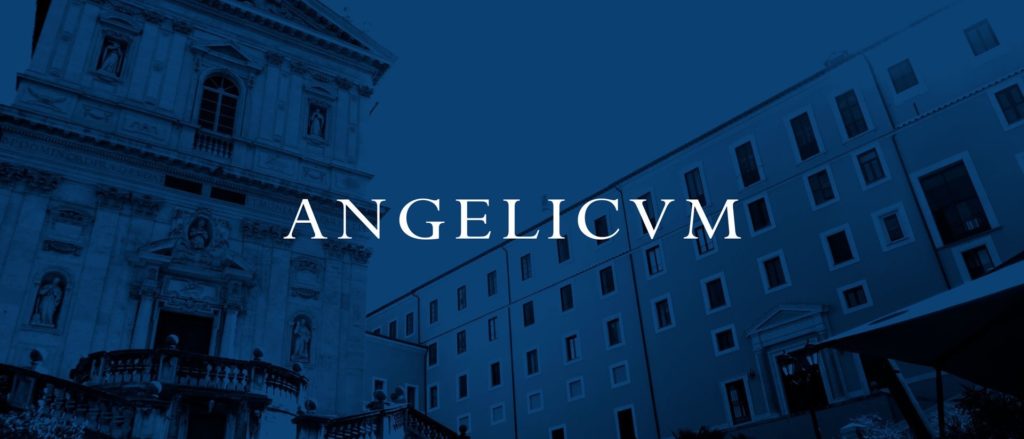
Strange Voices from the Heartland
Essays on Religion in the Contemporary Culture
of Central and Eastern Europe
Book presentation
November 10, 2022
17:30-19:45
Pontifical University St. Thomas Aquinas – Angelicum,
Largo Angelicum 1, Rome
Aula 11
17.30 Opening Words of Welcome from the Rector of the Angelicum: fr. Thomas Joseph White, OP.
17.40 Presentation of the book, featuring the best essays of the competition: Gábor Ambrus.
18.00 Three short interventions by the prizewinning authors who will be present: Vladimir Kitanovski (North Macedonia) and Ilya M. Bolshakovs (Latvia) and by the Ukrainian prizewinner: Sergii Geraskov (online).
18.30 Roundtable with: Andrii Yurash, Ukraine Ambassador to the Holy See, Patrick Renault, Belgium Ambassador to the Holy See, Ida Manton, North Macedonia, OSCE Academic Network, fr. Michał Paluch, OP, Dominican Province of Poland, former Angelicum Rector. The roundtable is moderated by sr. Helen Alford, OP, Dean of the Faculty of Social Sciences.
19.00 Musical event, followed by light reception.
Each continent, I believe, has its strange voices, which speak of difficult memories that do not fit to the tidy images of who or what that continent’s inhabitants would have wished to be. The strange voices in this volume come from Central and Eastern Europe, from the lands that are often put under the umbrella term of post-Communist countries. The question, of course, is and remains, whether this experience with Communist totalitarian regimes, for some lasting two generations, for others three, is a sufficiently uniting feature, a kind of a common denominator that enables easier mutual understanding, or whether the strangeness of voices echoes also throughout these lands, the other parts of whose history, and whose religious and cultural set up have been so different. […] I would like to invite the readers to make a reverse movement, and try the most difficult, to read the strange voices as their own. Of course, it has to be done without pretending to participate in that which we have never experienced ourselves. It is an invitation to expand our sensitivity to what has been part of our own stories whether in Central, Eastern or Western Europe, but to which we have not paid attention, considering it as non-representative. The strange voices within us may give new keys for understanding why and how there are things that are impossible to understand, while they may teach us more closely why and how to seek for the differences between madness and holiness, while avoiding too simplistic polarisations. (Excerpt from the Foreword by Ivana Noble).
